Enhancing Corporate Transparency: Analysing The Companies Amendment Bill [B27B-2023]
The presentation delves into the Companies Amendment Bill [B27B-2023] and its implications on corporate transparency and accountability, especially regarding beneficial ownership information in companies with environmental impacts. The focus is on advocating for greater disclosures to uphold citizens' rights to a healthy environment in South Africa.
Download Presentation
Please find below an Image/Link to download the presentation.
The content on the website is provided AS IS for your information and personal use only. It may not be sold, licensed, or shared on other websites without obtaining consent from the author. Download presentation by click this link. If you encounter any issues during the download, it is possible that the publisher has removed the file from their server.
- Corporate Transparency
- Companies Amendment Bill
- Environmental Justice
- Beneficial Ownership
- South Africa
Presentation Transcript
Presentation on the Companies Amendment Bill [B27B-2023] Tabitha Paine & Leanne Govindsamy Corporate Transparency & Accountability Programme 20 February 2024
Why are we interested in these amendments? As a public interest environmental law organisation mandated by section 24 of our Constitution, the CER seeks to advance environmental and climate justice in South Africa. One of the ways we aim to do this is by seeking to ensure that the regulatory system enables environmental and social justice and constitutional rights. One of the key objectives of the CER is to advocate for greater corporate transparency and disclosures, particularly in relation to beneficial ownership information of companies with significant environmental impacts. We put pressure on both regulators and companies for greater disclosure of all information required for citizens to ensure that our Constitutional right to a healthy environment is upheld.
Our submissions 1. 1. General comments General comments 2. 2. Specific comments Specific comments a) a) Bill narrows the types of documents subject to Bill narrows the types of documents subject to transparency transparency b) b) High company threshold High company threshold c) c) Implementation issues Implementation issues
1. General comments The CER welcomes many of the amendments in the Bill. In particular: - the requirement on CIPC to publish the notices of companies setting out the location(s) at which section 24 records are kept. - the inclusion of beneficial interest disclosure registers in the list publicly available records. Ultimately, the proof is in the implementation pudding: ensuring that CIPC has the teeth and resources to enforce the Companies Act.
CIPCs complaint mechanism The Companies Act provides for a request for access to company records, including the securities registers. If a company does not provide these registers, the Act has a complaint mechanism. CER has, for over four years, attempted to obtain the securities registers of three companies using the complaint mechanism, to no avail. CIPC can issue the non-compliant companies with enforcement notices, and apply to court for the imposition of administrative fines for non- adherence, but there is a backlog at the state attorney s office. So while the Act prescribes timeframes and standard procedures particularly to do away with the abuse by companies of laws, and the CIPC, as the regulatory body is charged with the efficient, effective functioning and enforcement of the companies Act; we are concerned about the enforcement measures available to it, as well as time frames. If the intention of the legislature in amending the Companies Act, is to make securities register s accessible and to improve transparency, the issue around enforcement should be considered going forward, so as to address issues of non-compliance.
Transparency re beneficial ownership registers Mining companies companies with significant environmental impacts make use of empowerment partners for their SA operations, often to fulfil legislative requirements. Information in relation to these empowerment vehicles is critical for the public interest and to measure whether there is true socio-economic upliftment for communities. The main question: Who actually benefits from these empowerment vehicles? Who are the shareholders?
2. Specific comments a) Limiting the scope: Generally, the Bill seems to be a move in the direction of transparency. However, the Bill has excluded certain documents and types of companies from some of these positive transparency moves. The Bill narrows the types of documents subject to transparency (for example: the definition of securities ; section 26 exclusions). b) High company threshold: Section 26(2A) excludes companies with public interest scores of 350 or less.
c) Implementation issues: Section 195(d) Referrals to the Tribunal by the B- BEE Commission. Section 204(2) FRSC exclusion of public companies.
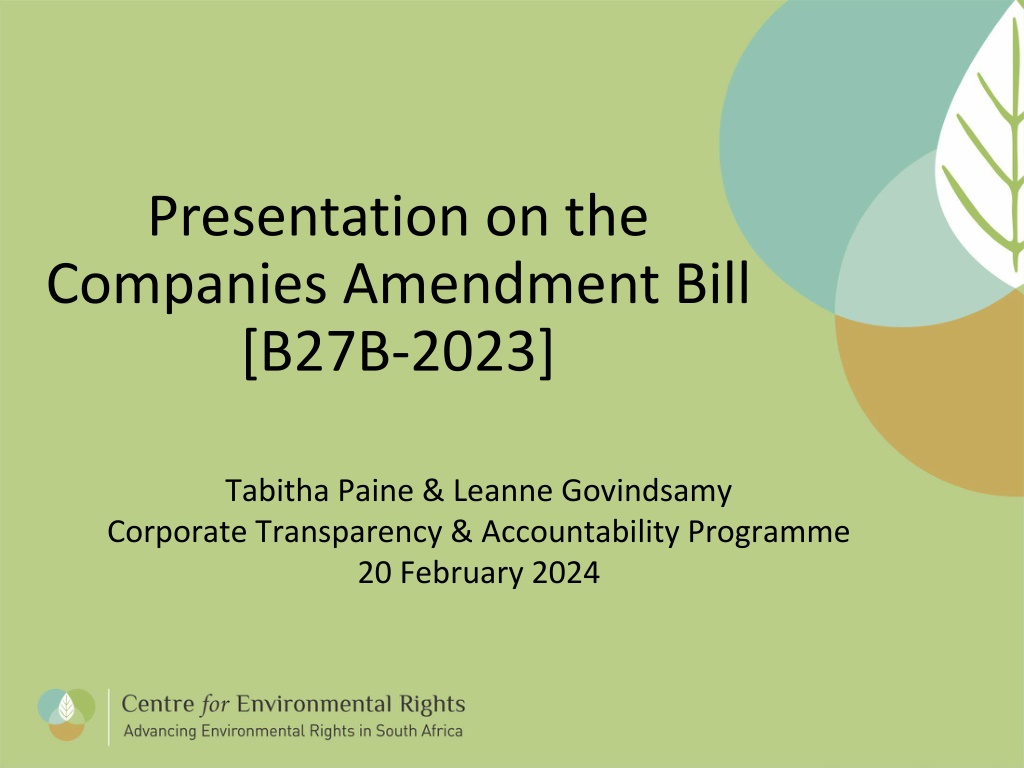


![RE: ELECTORAL MATTERS AMENDMENT BILL [ B42-2023]](/thumb/18837/re-electoral-matters-amendment-bill-b42-2023.jpg)

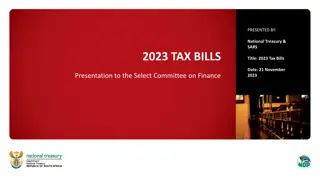
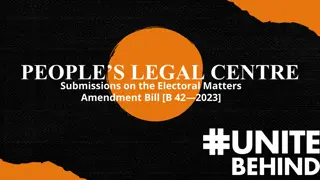


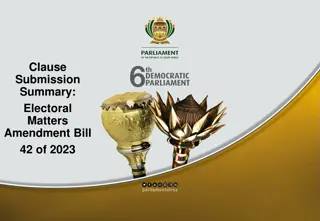

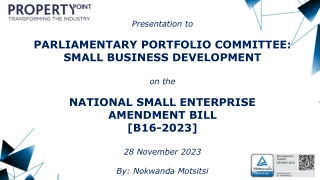








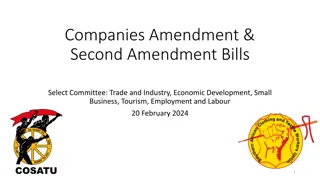
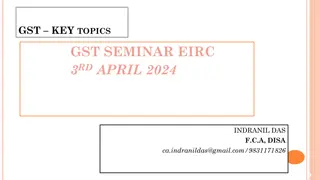
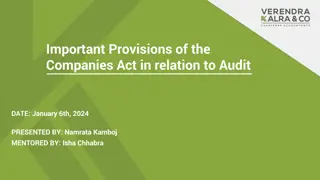


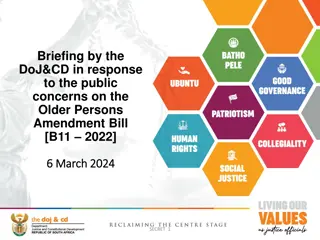


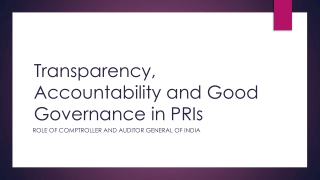

![Prevention and Combating of Hate Crimes and Hate Speech Bill [B.9B.2018]](/thumb/60513/prevention-and-combating-of-hate-crimes-and-hate-speech-bill-b-9b-2018.jpg)

![Stakeholders' Responses to National Health Insurance Bill [B.11B-2019]: Overview](/thumb/69945/stakeholders-responses-to-national-health-insurance-bill-b-11b-2019-overview.jpg)

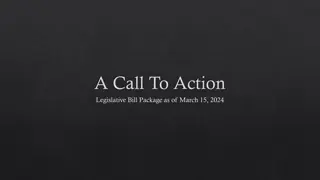
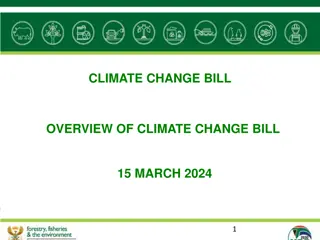
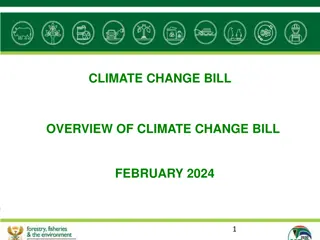






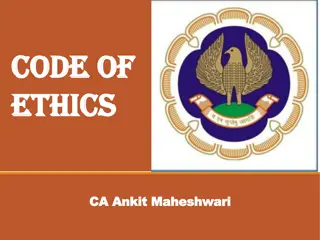


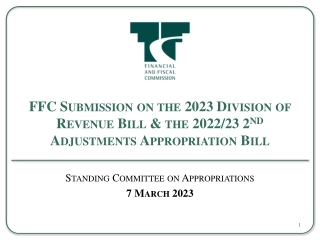
![Key Stakeholder Issues on PDAL Bill [B8 2021] 24 October 2023](/thumb/88726/key-stakeholder-issues-on-pdal-bill-b8-2021-24-october-2023.jpg)

